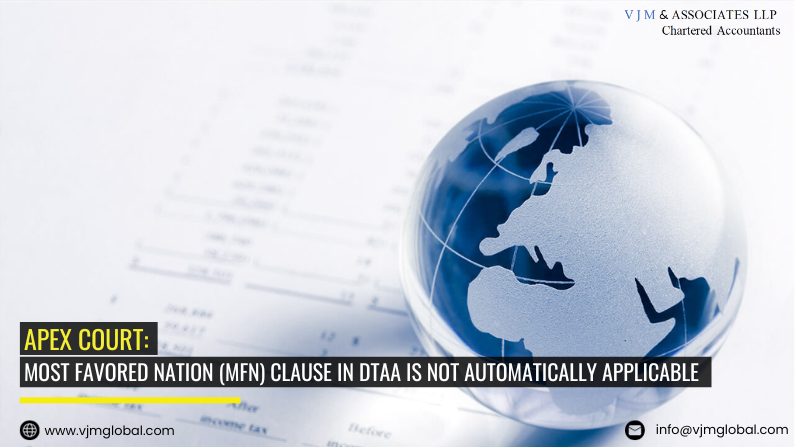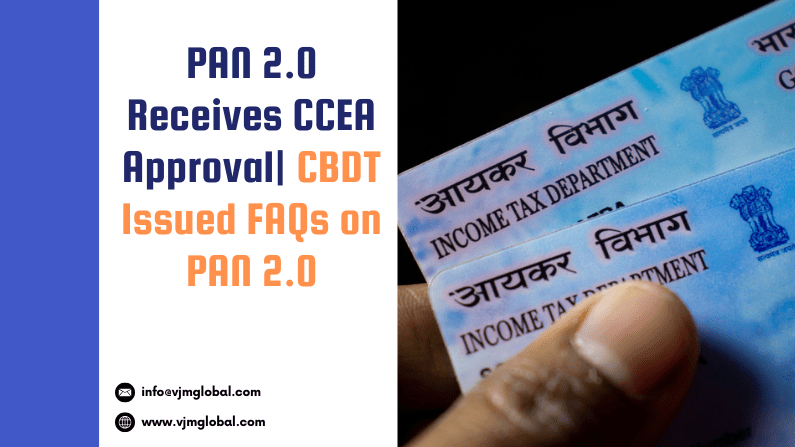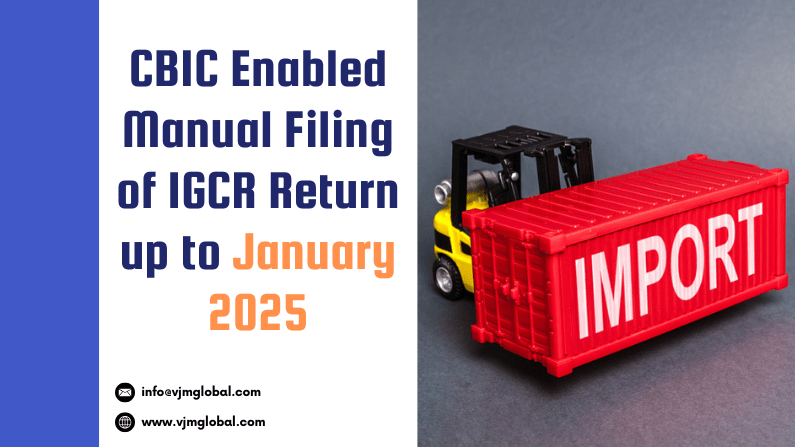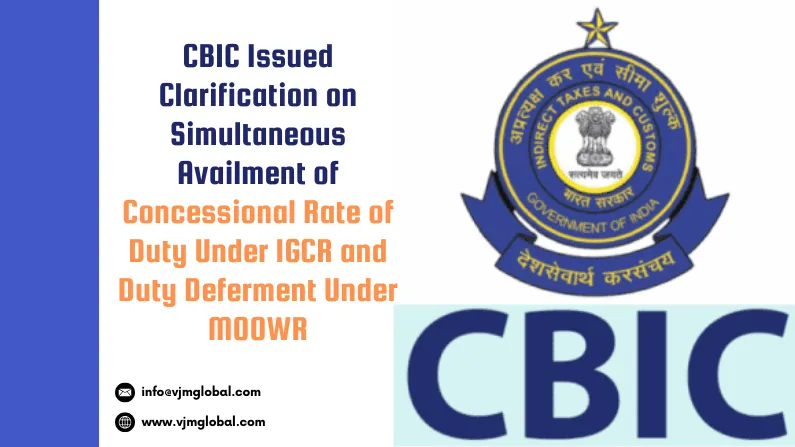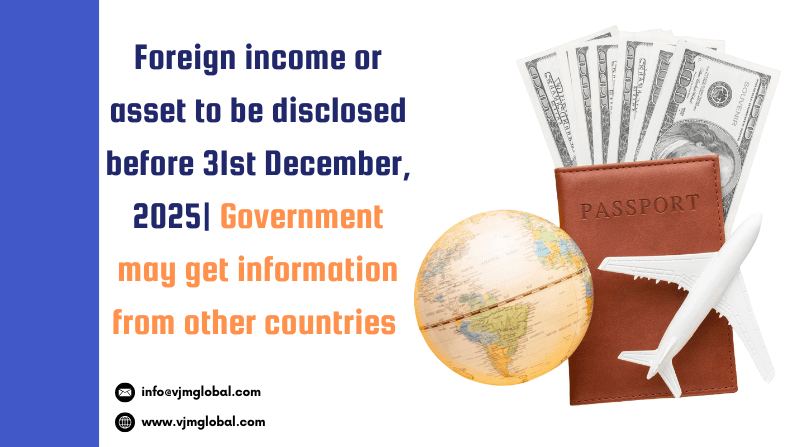The Supreme Court has finally put a full stop on the long going dispute of the Most-Favored Nation (MFN) clause in DTAA. India entered into DTAA with Netherlands, France and Switzerland, members of OECD, containing MFN clauses. India subsequently entered into DTAA with Slovenia, Lithuania and Colombia and provided a lower rate of tax on dividend. Slovenia, Lithuania and Colombia were not members of OECD at the time of entering into DTAA with India. However, each state becomes a member of OECD on a later date. Therefore, issue arise are whether MFN Clause comes into effect automatically or a separate notification is required for the same. Further, whether Netherlands, France and Switzerland can invoke benefit of MFN Clause even if Slovenia, Lithuania and Colombia were not the member of OECD at the time of entering into DTAA.
Hon’ble Apex court held that separate notification is required to be issued to give effect to MFN Clause under Section 90(1) of Income Tax Act. Further, interpreting the verb “is”, the relevant date for checking membership of OECD is date of entering into DTAA to give benefit of MFN Clause.
1. What is the Most Favored Nation (MFN) clause in DTAA?
- Double Taxation Avoidance Agreement (DTAA) may contain different tax positions for different countries. Different countries may have different tax rate applicabilities in their DTAA. To ensure that similar benefits are available to different countries, the Most Favored Nation (“MFN”) clause may be inserted in the DTAA.
- MFN Clause imposes an obligation on the countries to that treaty that they will give the most favored tax treatment to their treaty partner (First Country) if such country offers more favorable tax treatment in DTAA entered into with another country (Third Country). In such cases, more favorable tax benefits shall be applicable to both first and third countries.
- MFN clause is applicable only in DTAA entered with OECD Countries. Rationale behind MFN Clause is to offer similar tax treatment to OECD Countries.
- MFN CLause can be understood with below example:
- Country A has entered into a DTAA with country B (First Party), which is a member of OECD, wherein it has restricted its right to tax dividend @ 15%. Assuming DTAA contains MFN Clause.
- Country A enters into a DTAA with Country C (Third Party), which is also an OECD Member, and restricts its right to tax dividend @ 5%.
- In such case, the same favorable tax treatment, i.e., 5%, shall apply to DTAA entered into between Country A and Country B.
- For MFN clause applicability, both COuntry B and Country C needs to be member of OECD.
2. Background of the case
Facts of the matter before hon’ble Supreme court is as follows:
- India DTAA with Netherlands, France and Switzerland contains MFN clause. As per MFN clause, these countries are entitled to more favorable tax treatment offered in any subsequent DTAA entered into with any OECD Country.
- India subsequently entered into DTAA with Slovenia, Lithuania and Colombia and provided a lower rate of tax on dividend.
- At the time of entering into agreement, these countries were not the member of OECD. However, they become members on a later date.
- Therefore, the issue arose is whether India-Netherland, India-France and India-Switzerland DTAA is entitled to the lower rate tax on dividend provided in DTAA entered on a later date especially when these countries were not the member of OECD at the time of entering into DTAA.
- The MFN Countries issued unilateral declarations stating that their residents were eligible for the more beneficial dividend rate from the date on which Slovenia, Lithuania and Colombia became OECD members.
- Issue arising in appeal are as follows:
- Whether benefit of MFN clause can be invoked with third parties was not a member of OECD at the time of entering into DTAA. It becomes an OECD member on a later date.
- whether the MFN Clause shall come into the effect automatically or shall be given effect through notification.
- In this matter, Hon’ble High Court of Delhi ruled the matter in the favor of taxpayer and held that:
- For applicability of MFN Clause, a Protocol is considered as part of the tax treaty itself and does not have to be separately notified by the Income Tax department. MFN Clause is automatic and it becomes operational as soon as DTAA is notified. There is no need of any separate notification.
- Further, to become entitled to the benefit of DTAA with third party, that third party is required to be a member of OECD. However,the word “is” provides a state of affair, i.e., the third country is required to be a member of DTAA, and it is not necessarily required to exist on the date of entering into DTAA with the third country.
- Status of the third country should be checked when the request is made by the first country for availing benefit of MFN Clause.
- In response to the ruling of Delhi High Court, the Indian tax authorities issued a circular which laid down that the MFN clause becomes operational only on the fulfillment of the following conditions:
- The DTAA with the third country, with the beneficial rate of tax, must be entered into after the conclusion of the DTAA with the MFN clause;
- the third country must be an OECD member at the time of the signing of the DTAA with India;
- there must be beneficial scope of taxation in the DTAA with the third country; and
- a separate notification importing such beneficial taxation into the DTAA with the MFN clause, must be issued.
- Aggrieved by the order of Hon’ble High court, Income Tax Authority filed an appeal with Hon’ble Apex court.
3. Legal Extracts
Relevant extracts of the Income Tax Act, 1961 is reiterated below for ready reference:
“90. (1) The Central Government may enter into an agreement with the Government of any country outside India or specified territory outside India,—
(1) …………….…
may, by notification in the Official Gazette, make such provisions as may be necessary for implementing the agreement…”
4. Analysis by Hon’ble Apex Court
Hon’ble Apex Court made following observations:
a. Whether Notification is required to be issued or not?
- DTAA are entered by Union of India and they does not acquire ipso facto enforceability;
- The Union of India has exclusive executive power to enter into international treaties and conventions under Article 73 and Parliament, holds the exclusive power to legislate upon such conventions or treaties.
- The application of such treaties is binding upon the Union. Yet, they “are not by their own force binding upon Indian nationals”.
- Unless effect is given by the Parliament, the DTAAs are not, by their own force, binding upon Indian nationals.
- Law making by Parliament is required if the treaty or agreement restricts or affects the rights of citizens or others or modifies the law of India. However, if rights of citizens and others are not affected or modified then no legislative measure is necessary to give effect to treaties.
- Therefore, if there is any ambiguity in the provision or law, which brings into force the treaty or obligation, the court is entitled to look into the international instrument, to clear the ambiguity or seek clarity.
- Therefore, as per Section 90(1) of Income Tax Act, India entering into a treaty or a Protocol, does not result in its automatic enforceability in courts and Tribunals.
- Treaties and Protocols do not confer rights upon parties, till such time, as appropriate notifications are issued, in terms of Section 90(1) of the ITA.
B. Time of OECD Membership
- The MFN Clause mentions that “third state which is a member of OECD” contains the verb “is”. Therefore, thirty state should be the member of OECD is given in present tense.
- The expression ‘is’ has a current significance and derives meaning from the context. Given this interpretation, the conclusion was that when a third-party country enters into tax treaty with India, it should be a member of OECD, for the earlier treaty beneficiary to claim parity.
- However, in the given case, countries- Lithuania, Colombia, and Slovenia, were not members of OECD at the time of entering into DTAA.
5. Decision
Hon’ble Apex Court held that:
- A notification under section 90(1) of Income Tax Act is mandatorily required to give effect to a tax treaty, or modify any of provisions of DTAA. Therefore, a separate notification is required to give effect to MFN Clause.
- Phrase “is” holds importance while The interpretation of the MFN Clause. To clain the benefit of MFN, the third country is required to be the member of OECD at the time of entering into DTAA.

